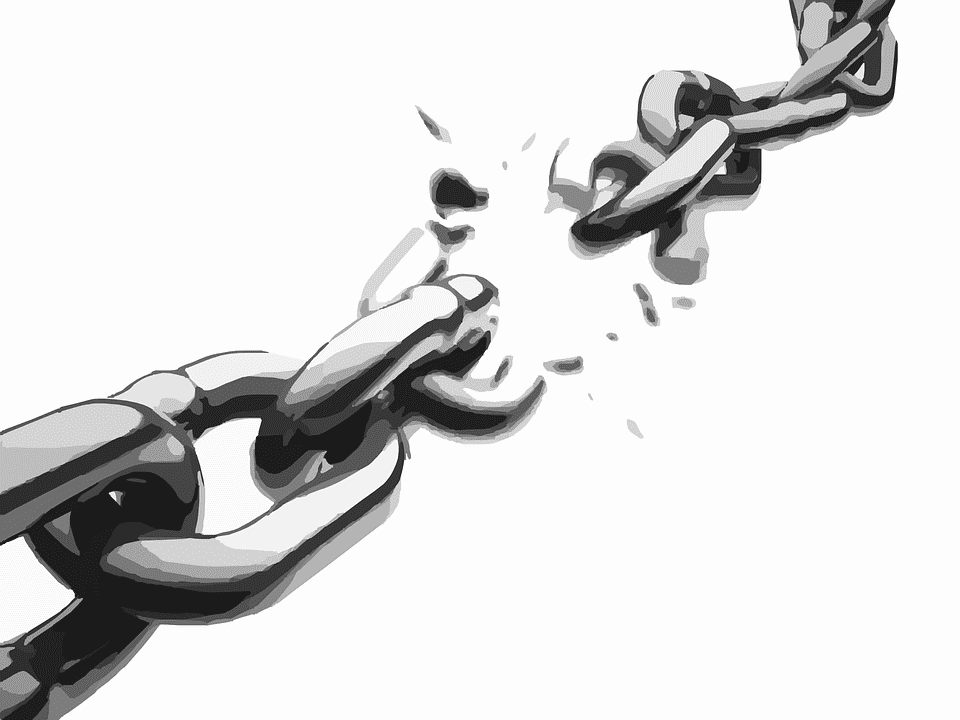The Federal Circuit has ruled that an amendment to a patent application to remove priority claims to several parent applications broke the claimed priority chain in co-pending and child applications.
In Natural Alternatives International, Inc. v. Iancu, Woodbold Distributors requested that the US Patent and Trademark Office reexamine a patent owner by Natural Alternatives International, Inc. (“NAI”).
Between 1997 and 2011, NAI had filed a chain of eight patent applications directed to increasing athletes’ endurance.
Each new patent application included a priority benefit statement under 35 U.S.C. § 120 claiming priority back to the filing date of a previous application.
Under 35 U.S.C. § 120,
An application for patent for an invention disclosed in the manner provided by section 112(a) … in an application previously filed in the United States, or as provided by section 363 or 385 which names an inventor or joint inventor in the previously filed application shall have the same effect, as to such invention, as though filed on the date of the prior application, if filed before the patenting or abandonment of or termination of proceedings on the first application or on an application similarly entitled to the benefit of the filing date of the first application and if it contains or is amended to contain a specific reference to the earlier filed application.
The eighth of NAI’s patents became the ‘381 patent at issue.
The Patent Office ordered inter partes reexamination of the ‘381 patent, and the patent examiner rejected the challenged claims as anticipated by, or obvious over, cited prior art — including a parent of the reexamined patent ‘381.
As the court noted,
Continuation-in-part (“CIP”) applications, like the fifth application in this case, uniquely highlight the tradeoff between priority and patent term. In CIP applications, priority is assessed on a claim-by-claim basis. [cite] An applicant can obtain an earlier effective filing date for claims in a CIP application only if those claims find support in an earlier filed nonprovisional application.
Woordbolt argued that “the asserted claim to priority of the ʼ381 Patent is defective” because the “applicants deliberately and expressly terminated their claim to the priority of the first four applications[,]” (in order to get a longer patent term) which thus “broke[] the chain of priority between the Fourth and Fifth Applications.”
NAI argued that it was “irrelevant what happened to the fifth application once the sixth application became entitled to the first application’s filing date.”
The Federal Circuit noted that
An uncommon but permissible way for patent applicants to avoid losing term on claims that recite new matter is to disclaim the benefit of earlier filing dates. … Thus, by deleting the benefit claim in a CIP application, the twenty-year patent term of the patent issuing from that CIP application would extend from the CIP application’s filing date instead of the parent application’s earlier filing date.
However, this makes the earlier application and its children “vulnerable to rejections based on a larger pool of prior art—including former parent applications in some cases.”
The court ruled that NAI couldn’t have it both ways – both gaining patent term on its fifth application while shielding later child applications (including the eighth one that resulted in ‘381) from the prior art of their former parents.


